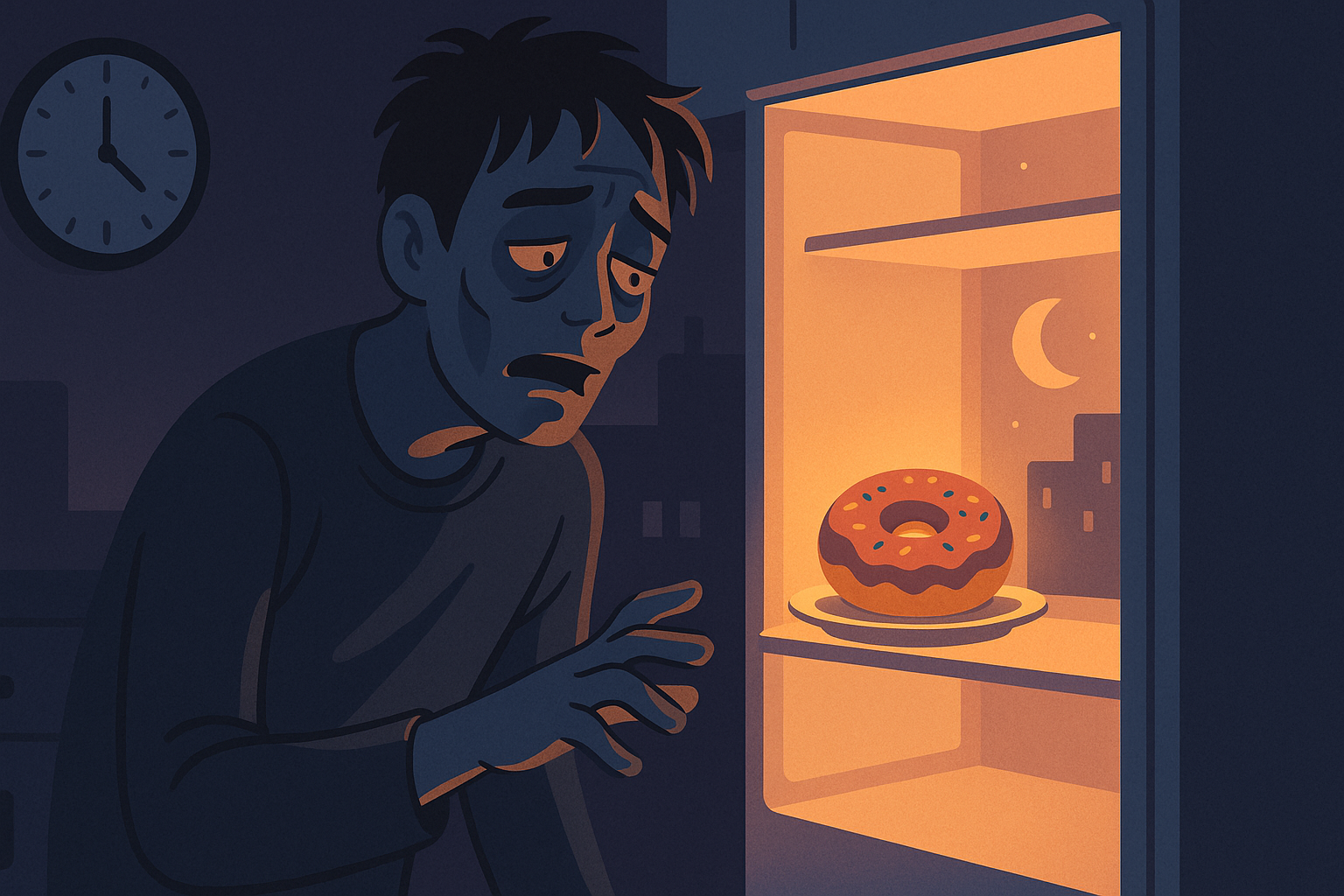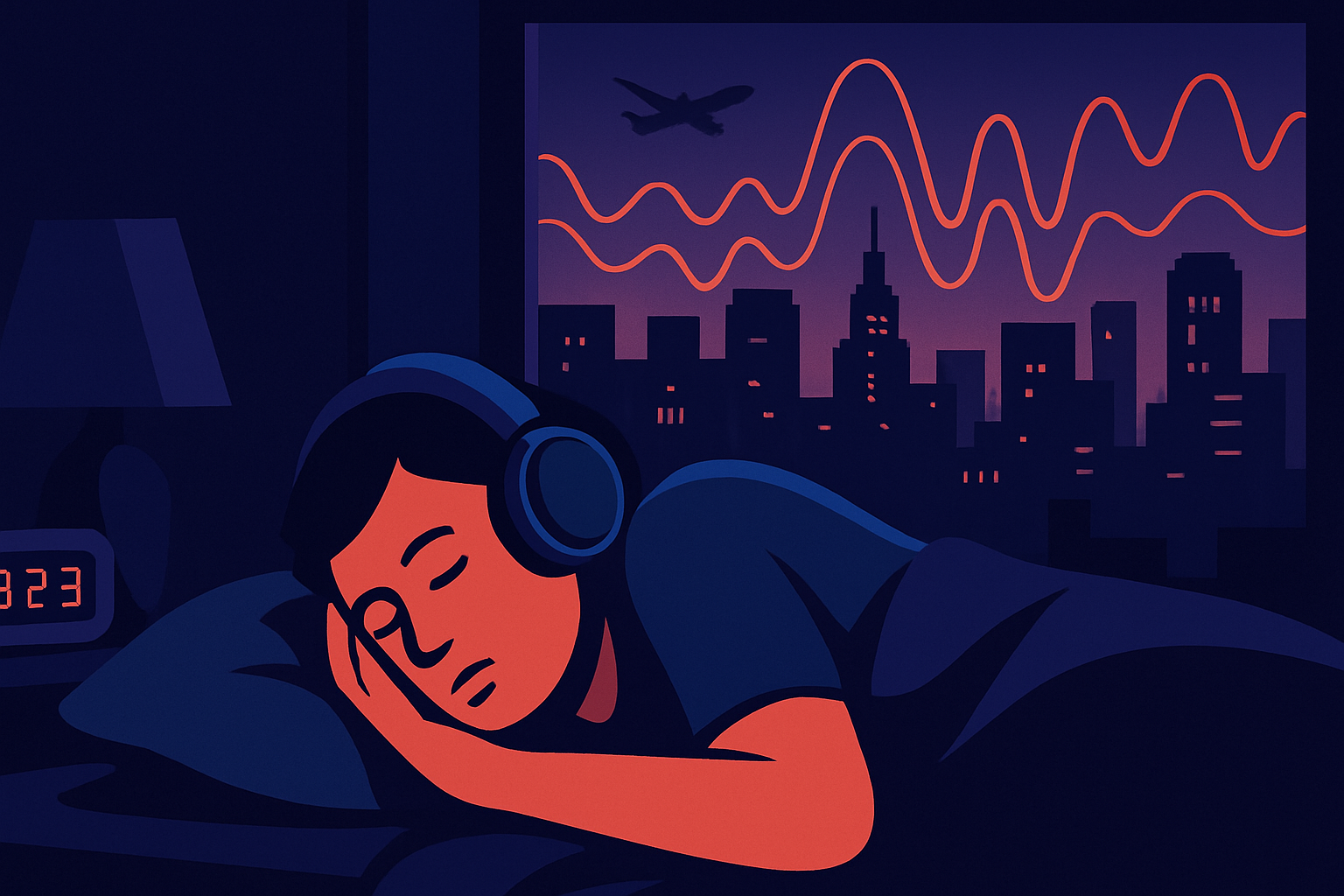Sleep hygiene refers to a set of behavioral and environmental recommendations intended to promote good quality sleep on a regular basis. These guidelines are designed to help you fall asleep faster, stay asleep longer, and wake up feeling more rested.
Why Sleep Hygiene Matters
Good sleep hygiene is crucial for both physical and mental health. Poor sleep can lead to:
- Decreased immune function
- Increased risk of chronic diseases
- Impaired cognitive function
- Mood disorders
- Weight gain
Essential Sleep Hygiene Tips
1. Maintain a Consistent Sleep Schedule
Go to bed and wake up at the same time every day, even on weekends. This helps regulate your body's internal clock.
2. Create a Relaxing Bedtime Routine
Develop a calming pre-sleep routine that signals to your body it's time to wind down. This might include:
- Reading a book
- Taking a warm bath
- Practicing meditation or deep breathing
- Gentle stretching
3. Optimize Your Sleep Environment
Your bedroom should be:
- Cool (around 65-68°F)
- Dark (consider blackout curtains)
- Quiet (use earplugs or white noise if needed)
- Comfortable (invest in a good mattress and pillows)
4. Limit Screen Time Before Bed
The blue light emitted by phones, tablets, and computers can interfere with your body's production of melatonin, making it harder to fall asleep.
5. Watch Your Diet
Avoid large meals, caffeine, and alcohol close to bedtime. These can disrupt your sleep cycle and quality.
Using Technology to Improve Sleep
The Moon app can help you track your sleep patterns and establish better sleep hygiene habits. By monitoring your sleep data, you can identify areas for improvement and create a personalized sleep optimization plan.
Remember, good sleep hygiene is a practice that takes time to develop. Be patient with yourself as you implement these changes, and you'll likely see improvements in your sleep quality over time.


